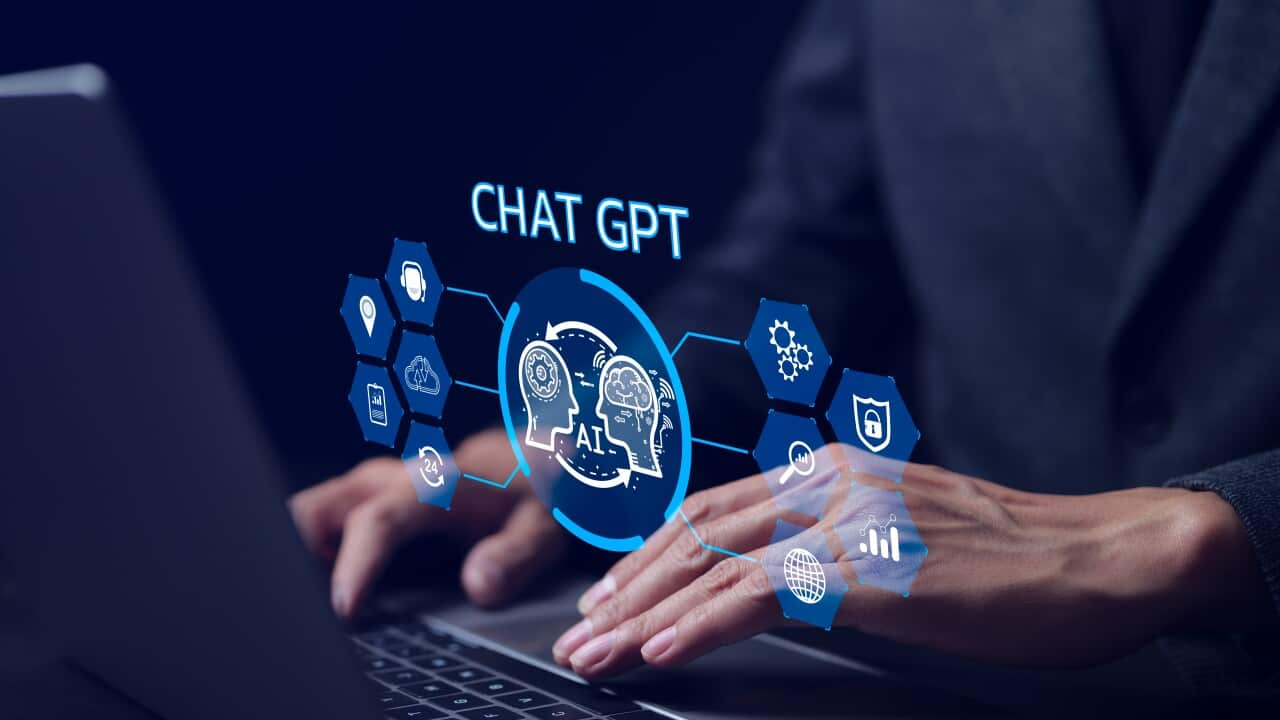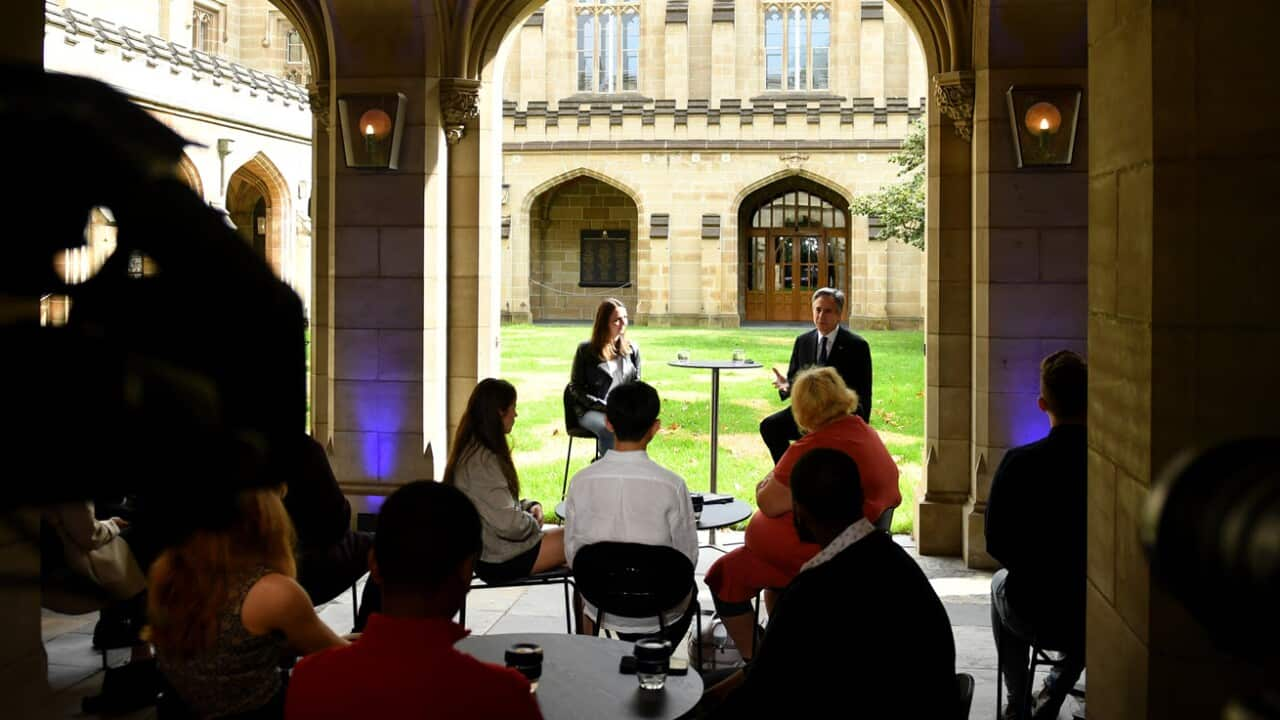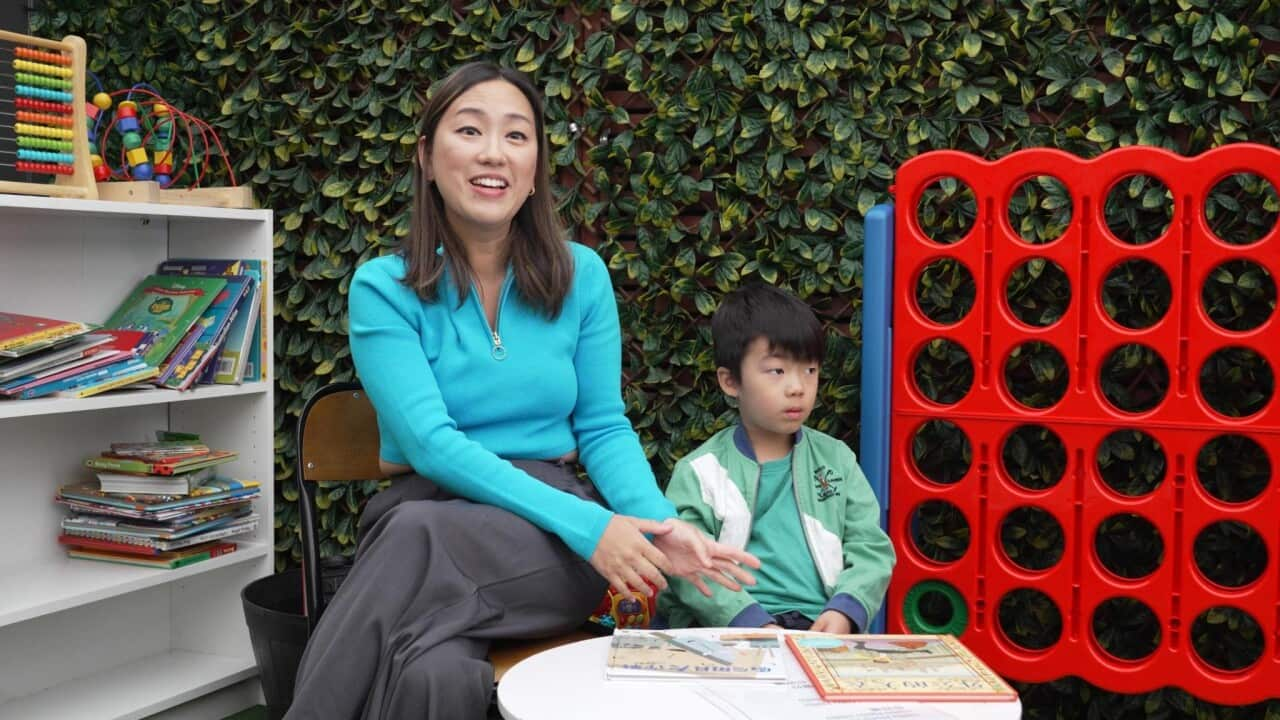Key Points
- Students say they are using AI generative chatbots to submit essays while anti-cheating detection tools catch up.
- Teachers and students argue they can use the bots as a teaching and learning aid.
- Academics are grappling with how ChatGPT will be used by students for assessments in 2023.
It would normally take two or three days for Martin to write a 3,000-4,000-word essay but recently the process lasted a week.
That’s because he said he engaged artificial intelligence chatbot tool ChatGPT to churn out his essay – a quarter of it his own work.
The additional time taken was so Martin could cross-check the references provided by the bot.
Since being launched in November by San Francisco-based OpenAI, the generative AI tool has academics likening it to cheating or free ghost-writing.
But Martin disagreed. He said ChatGPT was a teaching and learning aid for non-native English-speaking students and a time saver too.
Rather than searching for literature, Martin said he had spent more time reading related course material. He had not informed his university that he was using the tool.
For me, ChatGPT gave me great guidance and help. It was as though it was taking me through my course.Martin, International student
“It’s broadened my understanding of the subject,” he said.
Creativity killer or teaching and learning aid?
While academics have argued that creativity could be stifled by heavy reliance on tools like ChatGPT, others are welcoming its use in the classroom.
Diao Mingming, who teaches media at the University of Western Sydney, said he planned to ask students to “interview” ChatGPT this semester.
“We will have the students do analysis and reporting based on the interview questions and the answers given by ChatGPT,” he said.
While some Hong Kong and US universities have banned students using ChatGPT on-campus, Mr Diao said Australian universities tended to be more open-minded.
Australian universities see ChatGPT as a new challenging technology, rather than as an obstacle or a threat.Diao Mingming, Academic
Martin said ChatGPT’s benefits outweighed the cons for someone who was still mastering their English-language skills.
“In terms of English writing, ChatGPT is more academic,” he said.
“I left the complicated, text-based work to ChatGPT,” Martin said of his last submission, the results of which he said he was “really satisfied with”.
Anti-cheating detectors playing catch-up
Academics who research education and educational technologies are grappling with how ChatGPT will be used by students for assessments in 2023 and when anti-cheating detection tools will catch up.
A spokesperson from plagiarism detection service, Turnitin, recently said it would be a matter of students understanding the benefits and limitations of AI.
“AI will continue to exist. It is irresponsible to completely exclude it from the classroom,” said the company’s Asia Pacific vice president, James Thorley.
Martin said the idea that anti-cheat detection tools being developed were “… one or two months away” had eased his mind at the time of his essay submission.
“I’d be lying if I said I’m not concerned [about being detected] at all,” he said.
"The university probably will respond fast, mobilise the database, conduct reverse software research and maybe a back-tracing program will soon be introduced.”
Limitations of ChatGPT
Although many like Martin have made use of the bot’s benefits, they have said they have also come across its unreliable aspects.
Martin said he quickly realised that even though the chatbot could generate essay-length responses within seconds – many of its academic citations weren’t reliable.
Just because ChatGPT gives references, that doesn’t mean I can find them or that they even exist.Martin, International student
"I had to search for similar literature myself and refine my question with ChatGPT before asking it to re-categorise my work.
“It actually took more time."
But he said his efforts were worth it. While other students might lose patience and pay ghost-writers to complete their assignments, Martin said he was more cognisant of the new opportunities to help him learn.
“I’m not against using it for Arts courses in the future … even though its referencing isn’t perfect,” he said.




